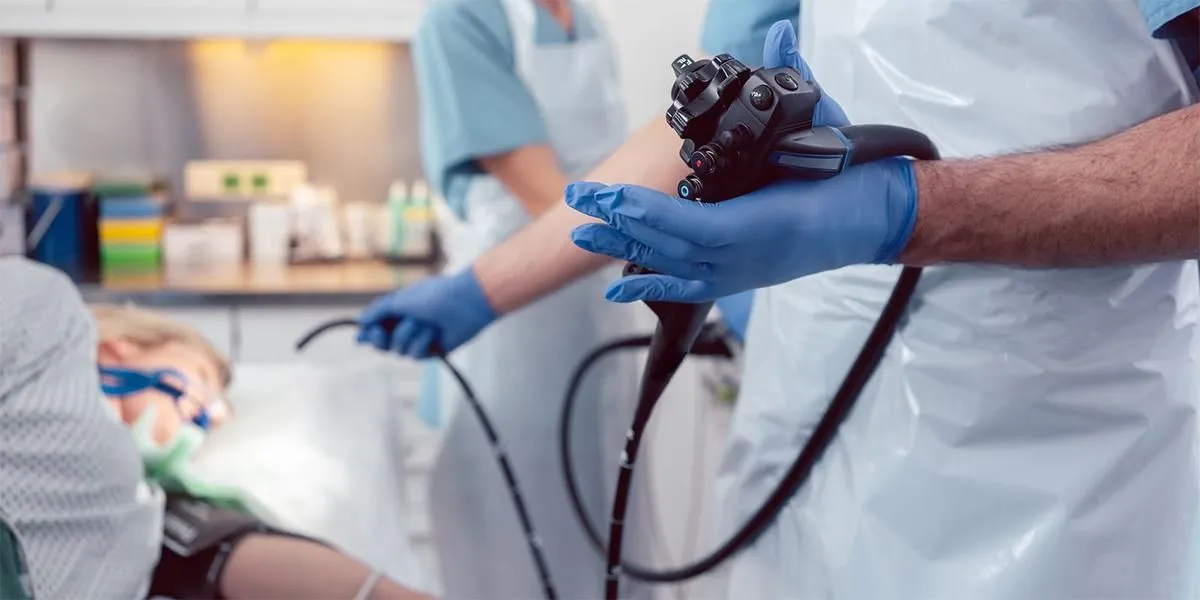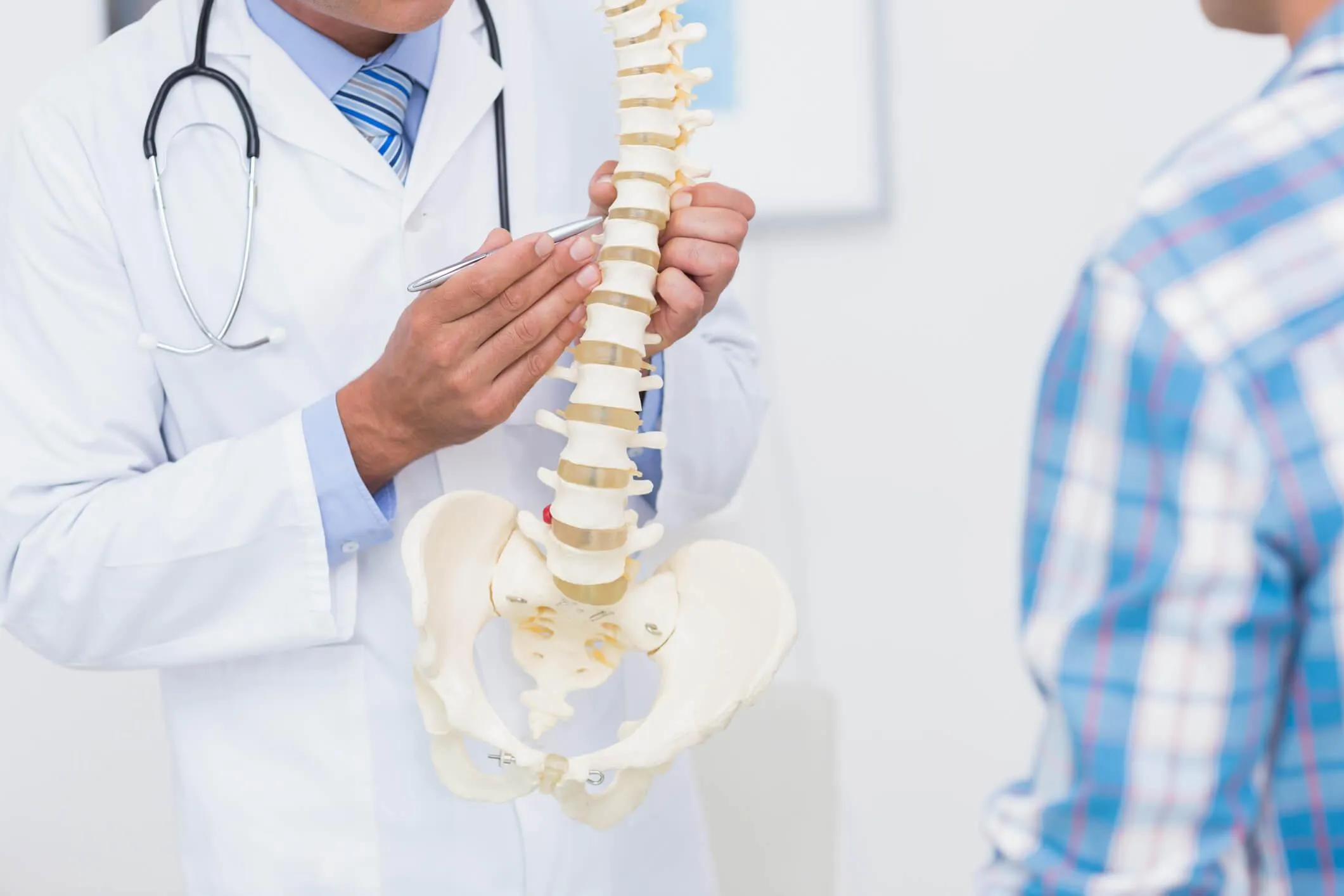Stomatology
Types of mouth disorders:
Obesity Surgery
Obesity Center Obesity is essentially defined as excessive fat accumulation in body. Affecting the entire world like a pandemic, obesity causes accumulation of fat in arteries and around the visceral organs, particularly the liver, which first leads to atherosclerosis (plaques develop inside the artery and this leads to insufficient blood supply to the tissues and organs) followed by numerous health problems including heart disease, heart attack, asthma, diabetes mellitus, hypertension and sleep apnea (temporary breathing lapse lasting for a few seconds during sleep).
IVF Treatments
In-Vitro Fertilization (IVF) is the most common treatment method among Assisted Reproductive Techniques which are used for the treatment of infertility. The purpose of in vitro fertilization is to fertilize eggs of the woman with sperms -male reproductive cells- in laboratory to obtain embryos that will be transferred to the women for conception. In cases of male factor infertility, sperms of the man are transferred into the egg with a very thin needle which then results in development of embryo (ICSI: Intra-Cytoplasmic Sperm Injection). These embryos are similarly transferred to the uterus of candidate mother.
Hair Transplantation
Although there are many underlying reasons of hair loss, the main reasons are genetic factors in men and hormonal factors in women. Hair loss is one of the most common cosmetic problems today; likewise, hair transplant is among the most commonly performed cosmetic procedures. It is an expected condition for a healthy individual to lose 80 to 100 hair strands a day. On the other hand, a part of our hair (generally the ones near nape) is not supposed to shed due to their very nature or –in other words- they are not sensitive to androgen. Hair transplant is a treatment that ensures permanent outcomes for everyone without any disorder causing hair loss or individuals who do not use any medication that leads to hair loss.
Check-Up
Check-up refers to health screening for a person with no health problem/active complaint considering his/her age, sex, medical history, familial history, hereditary risks, nutritional habit, lifestyle and environmental factors. For a long and healthy life…
Aesthetic and Reconstructive Surgery
It is time to make peace with mirrors. Aesthetic, Plastic and Reconstructive Surgery is a discipline of science that deals with diagnosis and treatment of congenital and acquired defects, deformities and dysfunctions in the body. The major purpose of aesthetic surgeries is to improve appearance, while plastic and reconstructive surgeries are performed to eliminate diseases and regain the function. Other than surgeries performed solely for cosmetic concerns, it is essential to achieve all these goals.
Gastroenterology
Gastroenterology deals with diagnosis, examination and medical treatment of diseases that originate from or involve the gastrointestinal organs (mouth, esophagus, stomach, small intestine, liver, pancreas and colon). In case a cancer is suspected in these organs, biopsy procedures are mostly performed by gastroenterologists.
Urology
Urology Clinic deals with diagnosis and treatment of diseases and cancers of male and female urinary tracts (the kidneys, ureters, bladder, and urethra) and of male reproductive organs (the penis, testis and prostate gland).
Otorhinolaryngology (Ear, Nose, Throat)
Otorhinolaryngology (ENT) is a medical discipline that focuses on diagnosis and treatment (medical and surgical) of diseases and dysfunctions in head, neck, nose and throat in all age groups.
Ophtalmology
Ophthalmology department deals with diagnosis and treatment (medical and surgical) of diseases and benign and malignant tumors of the eye globe and the optic nerve.
Spinal Cord and Spine Surgery
There are 33 vertebrae in human body from the end of skull to the coccyx; 23 of those vertebrae are mobile. The column formed by those 33 bones are called spine or vertebral column. There is a pillow-like structure, namely intervertebral disc, between each two vertebrae. Spinal cord lies in a canal inside the spine. Similar to brain, spinal cord is also surrounded by a membrane, where the cerebrospinal fluid circulates.
Heart Care
Cardiology is the medical discipline that deals with diagnosis, examination and treatment of diseases which affect the heart, the blood vessels that feed the heart (coronary arteries) and the circulatory system. Considering the fact that each cell of the body requires oxygen and nutrients, all carried by blood, to survive, importance of the diseases which are diagnosed and treated in Cardiology department is better understood.
Robotic Surgery
Historically, surgery adopted the principle of causing the least damage to patients in surgical treatment of diseases. In the past, incisions measuring up to tens of centimeters were made in surgical procedures (for example, surgeries performed by opening the chest wall). In due course, the developments in surgical tools and techniques brought about the concept of minimally invasive surgery. Minimally invasive surgery aims to minimize the trauma, alleviate postoperative pain and shorten the postoperative hospital stay, as it allows surgeons perform surgeries through very small incisions.
Orthopedics and Traumatology
Orthopedics and Traumatology is a medical discipline that deals with treatment of all musculoskeletal system diseases and cancers (congenital diseases, tumors, acquired diseases, trauma-related disorders).
Thoracic Surgery
Thoracic Surgery Clinic works in close cooperation with Radiology Unit, Laboratory, Medical Oncology and Pulmonary Medicine clinics for diagnosis and treatment of below specified diseases. Also, bronchoscopy, mediastinoscopy and videothoracoscopy are diagnostic tools that are specifically used by Thoracic Surgery Clinic.
General Surgery
General Surgery Clinic diagnoses and manages many diseases that are too long to be listed. Although old surgical techniques dating back several centuries are still used in the field of General Surgery, laparoscopic, endoscopic and robot-assisted surgeries, commonly called minimally invasive surgeries, have becoming increasingly popular thanks to developments in technology.
Bone Marrow and Stem Cell Transplantation
What is Bone Marrow and Stem Cell Transplantation? Bone marrow is the tissue which resides in the spongiform tissues of bones. Stem cells which reside inside the bone marrow form the origin of all cells in human body. Hematopoietic stem cells, which are also found in the bone marrow, mature and differentiate into various blood cells (red blood cells, white blood cells, and platelets). In this context, bone marrow transplantation and stem cell transplantation have identical meaning.
Organ Transplantation
Hepatic or liver transplantation is a procedure where a diseased or injured liver is removed and replaced it with a healthy liver from another person, called a donor.
Neurosurgery
Neurosurgery Department deals with diagnosis and surgical treatment of all structural disorders, dysfunction and cancers of the nervous system. The diseases diagnosed and treated ranges from congenital anomalies (congenital scoliosis and kyphosis, hydrocephaly, spina bifida, meningomyelocele and craniosynocytosis), benign and malignant tumors of brain, spinal cord and peripheral nerves, aneurysm and arteriovenous malformations, movement disorders and occlusions and stenosis of carotid artery and cerebral arteries. Considering the spectrum of above mentioned diseases and disorders, Neurosurgery department works in close cooperation with neurology, neuroradiology, radiation oncology and neurologic rehabilitation departments.
Neurology
Neurology is a science that deals with diagnosis and medical treatment of disorders of the nervous system (brain, spinal cord and peripheral nerves). Since the functioning of muscles depends on the signals transmitted by the nerves, muscle and movement disorders are also included in diseases that are diagnosed and treated in this field.
Cancer Treatment
The growth rate of cells in the human body is checked and regulated by certain control mechanisms. Genetic and environmental factors impair this control mechanism, resulting in abnormal cell growth and cancer.




















